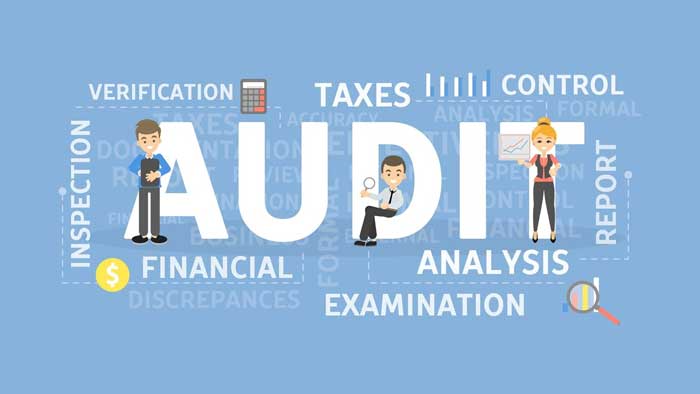Book Appointment Now

Understanding Excise Tax in the UAE
- On
- InInnovation
Purpose, Implementation, and Implications
Introduction:
Excise tax is a specific type of tax levied on particular goods deemed harmful to public health or the environment. The United Arab Emirates (UAE) introduced excise tax on selected goods to discourage consumption, promote healthier lifestyles, and generate additional revenue. This article aims to provide an overview of excise tax in the UAE, its purpose, implementation, and implications for businesses and consumers.

1.Purpose of Excise Tax:
The introduction of excise tax in the UAE serves several purposes:
a) Public Health Promotion: By imposing higher taxes on goods such as tobacco, sugary drinks, and energy drinks, the government aims to discourage excessive consumption and reduce associated health risks.
b) Environmental Protection: Excise tax is levied on certain harmful products like carbonated drinks and electronic cigarettes, which helps encourage responsible consumption and discourages pollution.
c) Revenue Generation: Excise tax provides an additional revenue stream for the government to fund public projects, infrastructure development, and improve public services.

2. Implementation and Taxable Goods:
Excise tax was introduced in the UAE on October 1, 2017. The taxable goods under excise tax include:
a) Tobacco Products: Cigarettes, cigars, and other tobacco products are subject to excise tax.
b) Carbonated Drinks: Non-alcoholic beverages containing added sugar or sweeteners are taxed.
c) Energy Drinks: Beverages containing caffeine, taurine, and other similar substances fall under the excise tax regime.
d) Electronic Smoking Devices: Products like electronic cigarettes and tools used for vaping are also subject to excise tax.

3. Implications for Businesses:
a) Compliance Requirements: Businesses involved in the production, importation, or sale of excise taxable goods must register with the Federal Tax Authority and comply with reporting, record-keeping, and payment obligations.
b) Pricing Considerations: Excise tax may impact pricing strategies and profitability. Businesses need to assess the tax implications carefully and determine how to absorb or pass on the tax burden to consumers.
c) Enhanced Transparency: Excise tax requires businesses to maintain accurate records and financial documentation, promoting better transparency and accountability within the industry.
4. Implications for Consumers:
a) Increased Prices: Excise tax leads to higher prices for the taxed goods, which may impact consumer budgets and purchasing decisions.
b) Healthier Choices: The tax encourages consumers to opt for healthier alternatives by making harmful products relatively more expensive.
c) Environmental Awareness: Taxing products that harm the environment incentivizes consumers to consider more sustainable options.
5. Benefits and Advantages:
a) Public Health Improvement: The taxation of tobacco products and sugary drinks discourages excessive consumption, leading to better overall public health outcomes.
b) Environmental Protection: Excise tax helps raise awareness about the impact of certain products on the environment, leading to reduced consumption and a shift towards more eco-friendly alternatives.
c) Additional Revenue: The revenue generated from excise tax contributes to funding public initiatives, infrastructure development, healthcare, and other essential services.

Conclusion
Excise tax in the UAE plays a vital role in promoting public health, protecting the environment, and generating additional revenue for the government. While it may result in increased prices for consumers, it encourages healthier choices and fosters environmental awareness. For businesses, compliance requirements and pricing considerations are crucial aspects to navigate. Overall, the implementation of excise tax aligns with the UAE’s commitment to sustainable development and ensures the well-being of its citizens and the environment.
Newsletter Updates
Enter your email address below and subscribe to our newsletter



